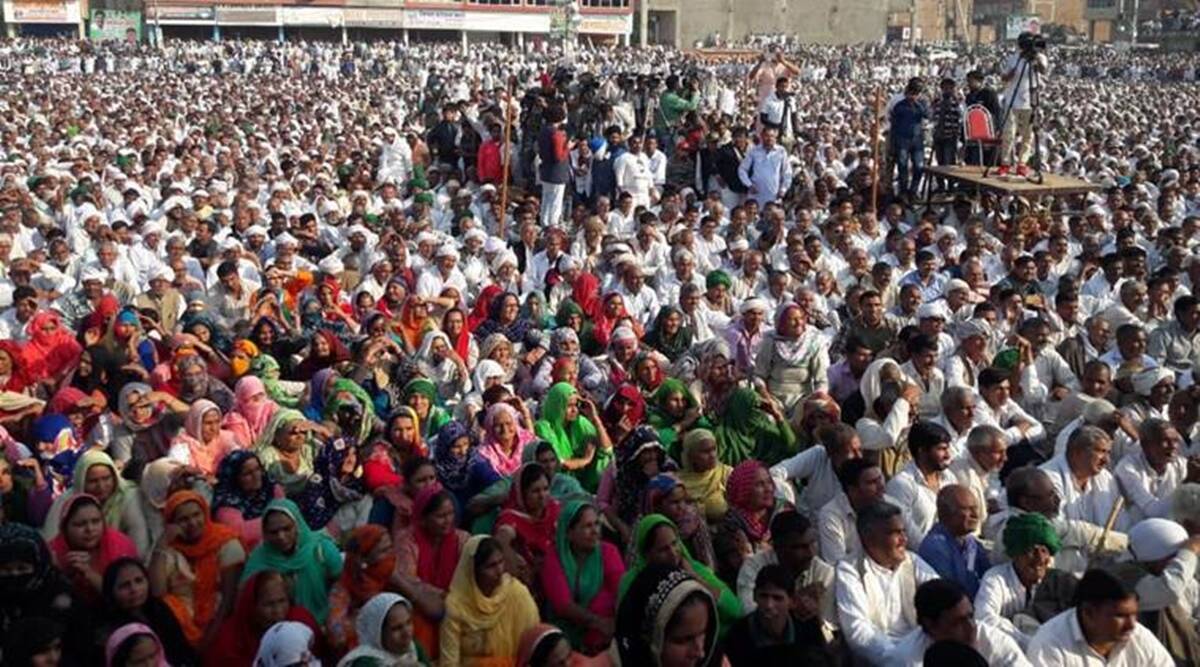It has been learned that a proposal to extend the tenure of the Commission for sub-categorisation of Other Backward Classes (OBCs) by another six months is ready for the Union Cabinet meeting scheduled for Tuesday. This comes as the Bihar government has begun enumerating different castes and communities. The Commission was established on 2 October 2017 under the leadership of the former Chief Justice of the Delhi High Court, G Rohini, with a term expiring on 31 January 2023, which may currently be extended until 31 July 2023.
Originally, the Commission was to provide a report within 12 weeks or by January 2, 2018. A new term was added in January 2020: “to study the various entries in the Central List of OBCs and recommend correction of any repetitions, ambiguities, inconsistencies, and spelling or transcription errors.” According to sources, neither this work nor its report have been finished.
Other members of the Commission include J K Bajaj, Director, Centre for Policy Studies, New Delhi; Director, Anthropological Survey of India, Kolkata (ex-officio); and Registrar General and Census Commissioner, India (ex-officio). Bajaj was appointed Chairman of the Indian Council for Social Sciences Research in May of 2012. However, he remains a member of the Commission. The National Commission for OBCs covers the Commission’s expenses, and its office is located in the Vigyan Bhawan Annexe in Delhi.
The Indian Express has previously reported that a draught report on sub-categorisation had been sent to the government by the Commission on July 30, 2019. However, after the new mandate, the Commission began analysing the Central List’s list of communities. According to sources, Justice Rohini has informed the government that the Commission’s job is not yet complete.
On the sub-categorisation front, one of the obstacles faced by the Commission was the lack of population data for distinct communities to compare with their representation in employment and admissions.
The Commission had written to the then-Minister of Social Justice and Empowerment Thawar Chand Gehlot on December 12, 2018, demanding an appropriate budgetary allocation for a pan-India census of the OBC population by caste. But on March 7, 2019, three days prior to the announcement of the Lok Sabha election schedule, Justice Rohini wrote to Gehlot, “We have decided not to conduct such a survey at this time.”
There are 2,633 castes and subcastes on the Central List for OBCs. In 2018, the Commission analysed the data of 1,300,000 Central employment awarded under the 27% OBC quota during the previous five years and OBC admissions to Central higher education institutions, including universities, IITs, NITs, IIMs, and AIIMS, over the previous three years. 97% of all jobs and educational seats have gone to just 25% of all sub-castes classified as OBCs; 24.95% of these jobs and seats have gone to just 10 OBC communities; 983 OBC communities, or 37% of the total, have no representation in jobs and educational institutions; 994 OBC sub-castes have a total representation of only 2.68 percent in recruitment and admissions. The Commission faces a significant obstacle in the paucity of population data for distinct localities to reach a decision.
